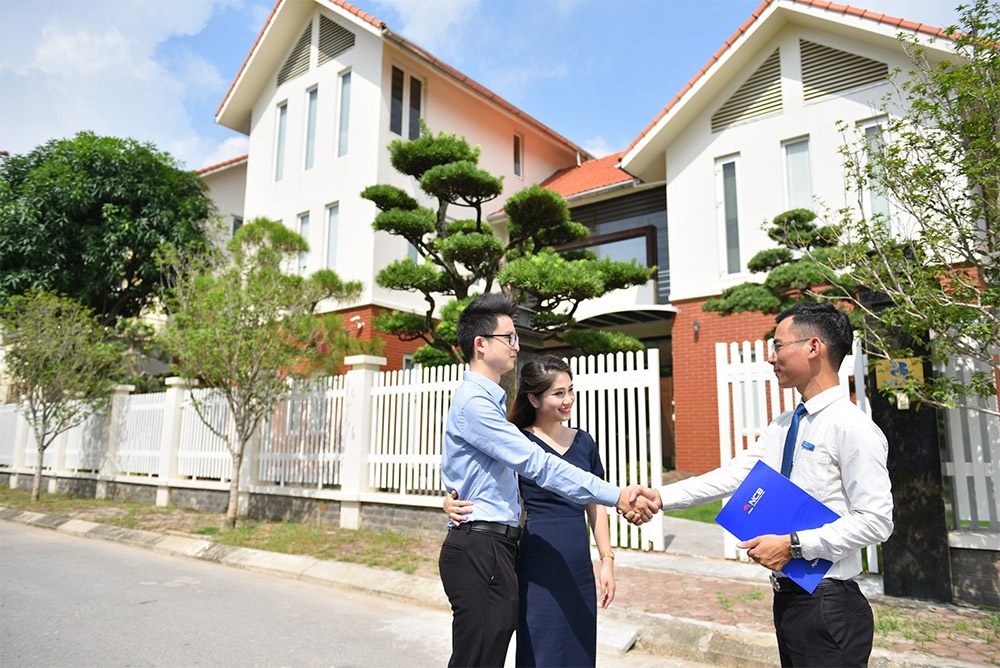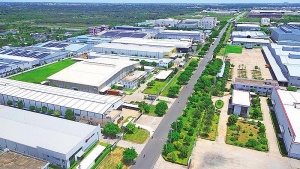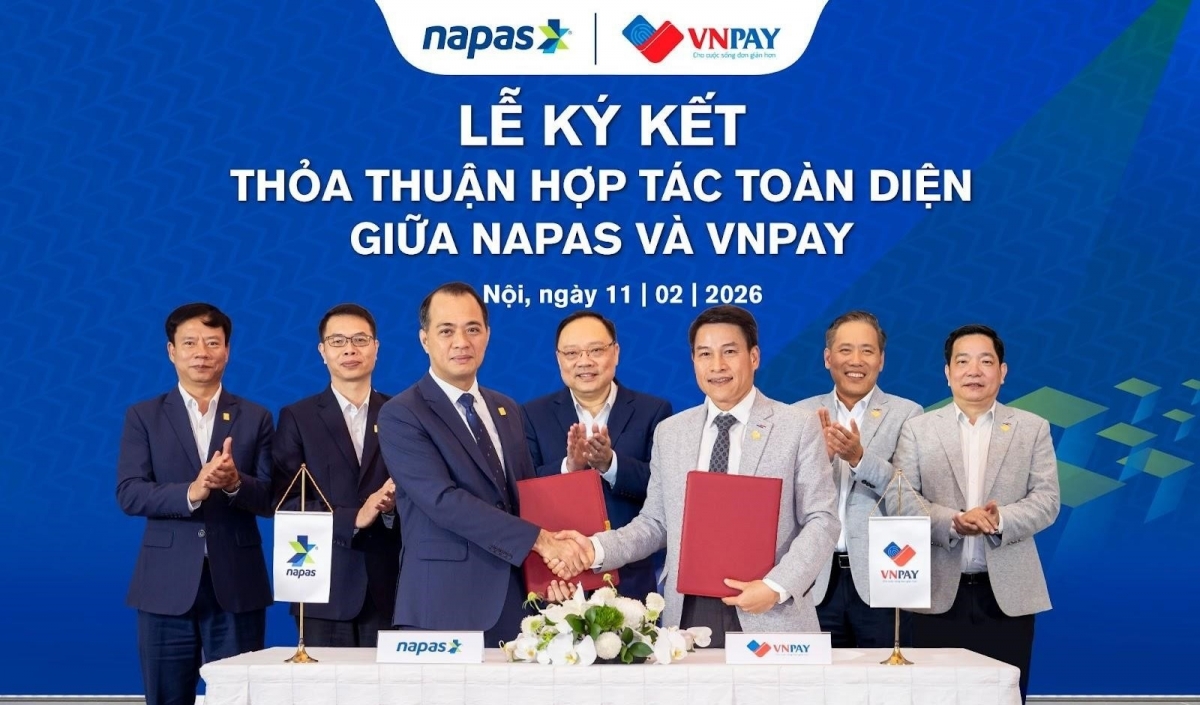INTERNATIONAL INVESTMENT
AND PORTAL
 Home buyers are being enticed by lower interest rates, especially for opening months, Photo: Dung Minh
Home buyers are being enticed by lower interest rates, especially for opening months, Photo: Dung Minh
Last week, Techcombank announced packages for young home buyers with an interest rate of 3.99 per cent, and a five-year principal repayment grace period.
In recent months, numerous other banks continued to offer attractive packages for home buyers. For example, SeABank is offering a package with interest rates from only 5.8 per cent annually, and MSB offers an interest rate of 4.5 per cent for the first six months.
Some banks like TPBank and Kienlongbank even offer a zero interest rate in the first three months, and 8.8-9 per cent over the following months, before applying the normal interest rate.
In addition to reduced interest rates, all these banks have raised the lending rate to 90-100 per cent of collateral; the grace period typically extends to 2-5 years, and the loan term to 20-50 years.
A race of cheap lending interest rates for house buyers is taking place, pulling the interest rate down to the lowest level over the last 10 years. Compared to the interest rates at the beginning of 2020, the lending interest rates of banks are currently 2-4 percentage points lower.
“After the pandemic period, Vietnam’s loan interest rates increased sharply, even exceeding 10 per cent per year in 2022-2023. This was a result of many domestic and foreign factors mainly stemming from inflationary pressures, global tightening monetary policies, and the hot recovery of the economy,” Nguyen Hai Diep, director of one Techcombank branch, told VIR.
“By 2024, interest rates decreased as inflation gradually cooled down and exchange rates stabilised. The US Federal Reserve and major central banks have begun to stop their interest rate hike cycle. The State Bank of Vietnam (SBV) had adjusted operating interest rates down several times in 2023 to stimulate growth and support businesses,” she added.
Nguyen Duc Lenh, deputy director of the SBV’s Ho Chi Minh City Branch, declared that housing loan interest rates of banks in the area are the lowest ever.
“One of the fastest credit-absorbing sectors is real estate. The market can absorb cheap capital very quickly,” Lenh said. “The growth of real estate credit often impacts the growth of production, business, trade, and services activities, reflecting the trend between industries and sectors of the economy.”
Vietcap Securities JSC’s Analysis Department emphasised that a stable interest rate environment is important to maintain housing affordability and encourage investment sentiment.
For 2025, Vietcap has maintained its growth forecast for primary market transactions, based on expectations of real housing demand, return of investment flow, growth in new primary supply supported by more favourable legal procedures, and homebuyer confidence supported by prospects of stable home loan interest rates and accelerated progress of key infrastructure projects, it said.
According to the Vietnam Association of Real Estate Brokers, in the first quarter of this year, the total supply of the Vietnamese residential real estate market reached 27,000 units, an increase of 33 per cent on-year. Of which, there are 14,500 new units for sale, only about half of the previous quarter, but tripling that of the first quarter last year, along with inventory that continues to be offered for sale.
The overall absorption rate of the whole market also reached 45 per cent, equivalent to 12,300 transactions, equal to half of the previous quarter but doubling the same period last year. The absorption rate of newly opened projects is still very positive at 60 per cent, especially in provinces and cities with specific information on planning and infrastructure.
Le Hoang Chau, chairman of the Ho Chi Minh City Real Estate Association, said that the current lending interest rate is acceptable in this context.
“With the current monetary policy, low lending interest rates are favourable for projects that will be carried out,” he said. “The important issue now is to remove legal issues to raise supply and pull borrowing demand.”
Specifically, in Ho Chi Minh City, about 220 housing projects are struggling with troubles, and an additional 350 projects across 2,000 hectares are being piloted to build commercial housing.
“It is necessary to consider real estate as one of the economic pillars with a spillover effect, and boosting economic growth. Real estate recovery will have positive impacts on other industries. Therefore, it is necessary to remove legal issues to raise supply in the market, and soar credit demand,” Chau said.
 Merging of provincial-level administrative units a driver for industrial real estate
Merging of provincial-level administrative units a driver for industrial real estate
Adjusting provincial and municipal administrative boundaries in July could transform Vietnam's industrial real estate market. If implemented efficiently, this restructuring could catalyse the development of large industrial-urban zones, attracting more international investors.
 Foreign investors raise concerns over Vietnam’s real estate market
Foreign investors raise concerns over Vietnam’s real estate market
A conference held by NAIVietnam in Ho Chi Minh City on May 22 saw the participation of major business leaders in the real estate industry from around the world.



















